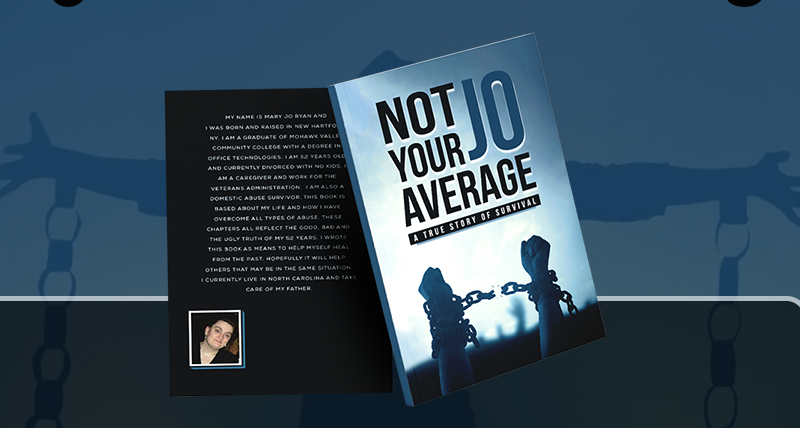
One effective way to increase awareness and create a supportive network for survivors is to share personal stories of sexual assault. Beyond personal accounts, these tales inspire, inform, and uplift anyone who might be dealing with the same difficulties. Let’s investigate the impact of these stories.
Breaking the Silence
Many survivors may find discussing their experiences frightening. But just one individual tells their story, it contributes to removing the taboo around sexual assault. This act of courage:
Shows others that they are not alone.
Inspires further survivors to talk about their experiences.
Increases understanding of how common abuse is.
Survivors make a vital healing step when they feel understood and listened to.
Providing Inspiration and Hope
Hearing of a survivor’s journey toward trauma recovery can be incredibly inspiring. These tales demonstrate fortitude and resilience, demonstrating to others that healing is achievable. Not Your Jo Average: A True Story of Survival, Mary Jo Ryan’s memoir, for instance, describes how she endured years of emotional abuse and found the strength to flourish. By sharing such tales, survivors motivate others to get assistance and believe in their own potential to heal.
Building a Supportive Community
When survivors share their stories, they contribute to a sense of community. This network of shared experiences creates a safe space where others feel understood. Communities built around sexual assault survivor stories often:
- Provide emotional support.
- Share resources for recovery.
- Help individuals navigate the healing process.
Through shared stories, survivors find strength in numbers and a renewed sense of belonging.
Educating Society
Stories of recovering from psychological abuse and other forms of trauma play a key role in educating the public. These narratives shed light on:
- The long-term effects of abuse.
- The importance of consent and respect.
- How to aid in the recuperation of survivors.
Survivors promote a culture that is more knowledgeable and kind by sharing their experiences.
Using Empathy to Encourage Healing
Survivors may find that hearing about another person’s experience validates their own emotions and challenges. For those recuperating from traumas such as mental abuse, this empathy-driven recovery is essential. Shared stories remind survivors that:
- Their feelings are valid.
- Healing is a journey that takes time.
- They are not defined by their trauma.
Empathy creates a foundation for personal growth and recovery.
Final Thoughts
Sexual assault stories have the power to heal, educate, and inspire. In addition to advocating for change, survivors give others hope on their road to recovery by sharing their experiences. Check out Mary Jo Ryan’s memoir, Not Your Jo Average: A True Story of Survival, if you’re searching for a motivational read. You may also join the movement of storytelling-based empowerment.






Leave a Reply